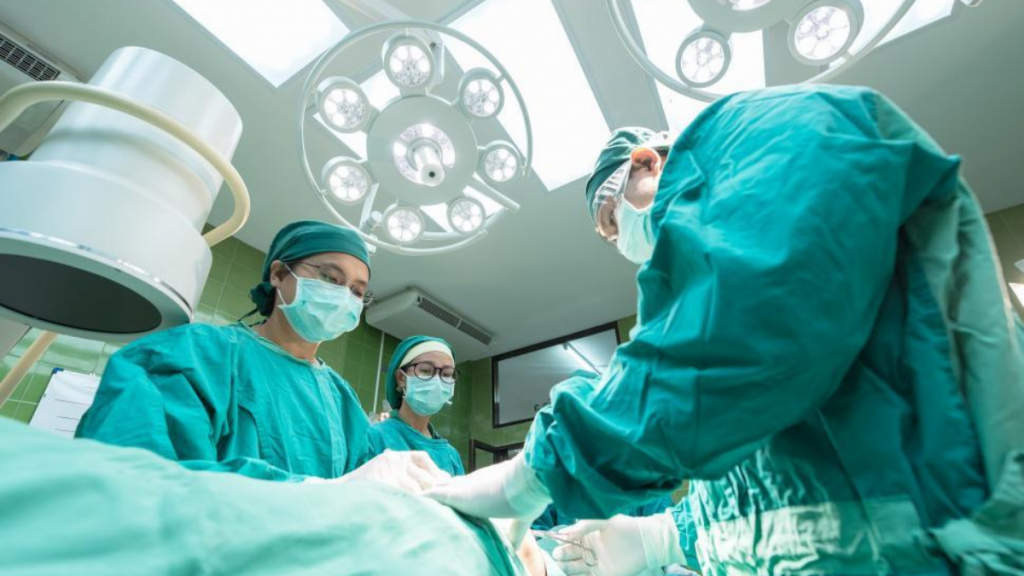Prominent sex-change surgeon Dr. Alex Laungani has inadvertently unveiled the medical dangers associated with transgender procedures. Speaking at an event sponsored by the World Professional Association for Transgender Health (WPATH), he warned that inadequate training across a rapidly expanding number of clinics can lead to disastrous consequences for patients, including non-functioning appendages and a range of other complex post-op complications.
Laungani’s presentation divulged that gender-related surgical procedures such as male-to-female genital surgeries known as vaginoplasties can yield alarming outcomes. A notable issue is the complexity in reconstructing the area. “The most-dreaded complication is to perforate the rectum while you are dissecting the vaginal cavity,” he said, adding that, “You’re very close to the rectum, and it’s very hard.” Rebuilding the area involves using flesh from the ‘abdomen, scrotum or colon,’ said Dr Laungani, noting that when tissue from the intestines is used in the reconstruction, it carries the highest risk of complications.
After surgery, a significant number of patients are unable to achieve orgasms and need to dilate their newly formed vaginal canals to prevent collapse. Also, the rate of surgical wound reopening is as high as 75% of all cases. Among the complications he mentioned are recto-vaginal fistula (an opening between the rectum and the newly-formed vaginal canal, which means feces can pass from the rectum into the neovagina), pelvic floor dysfunction, and clitoris necrosis (the dying out of the sex organ).
WPATH, a leading global voice on gender-affirming care, has been criticized for endorsing experimental and dangerous procedures. The increasing popularity of such practices, particularly in minors, has fueled vigorous debate.
Laungani’s revelations join a growing collection of unsettling truths by experts in the field about the multibillion-dollar transgender healthcare industry.
